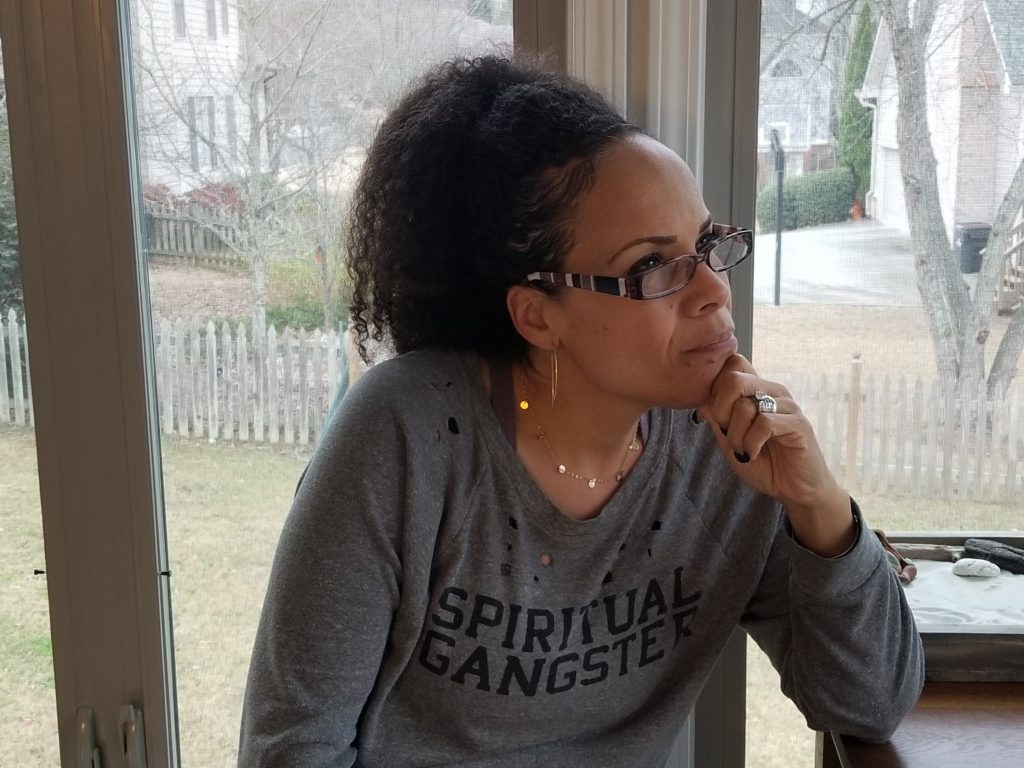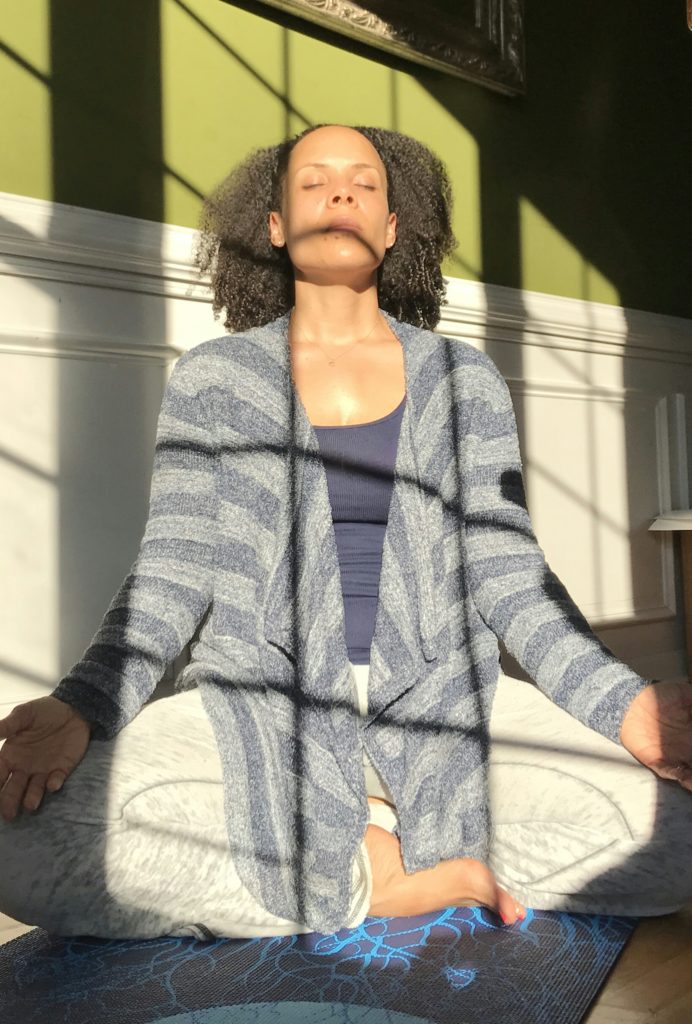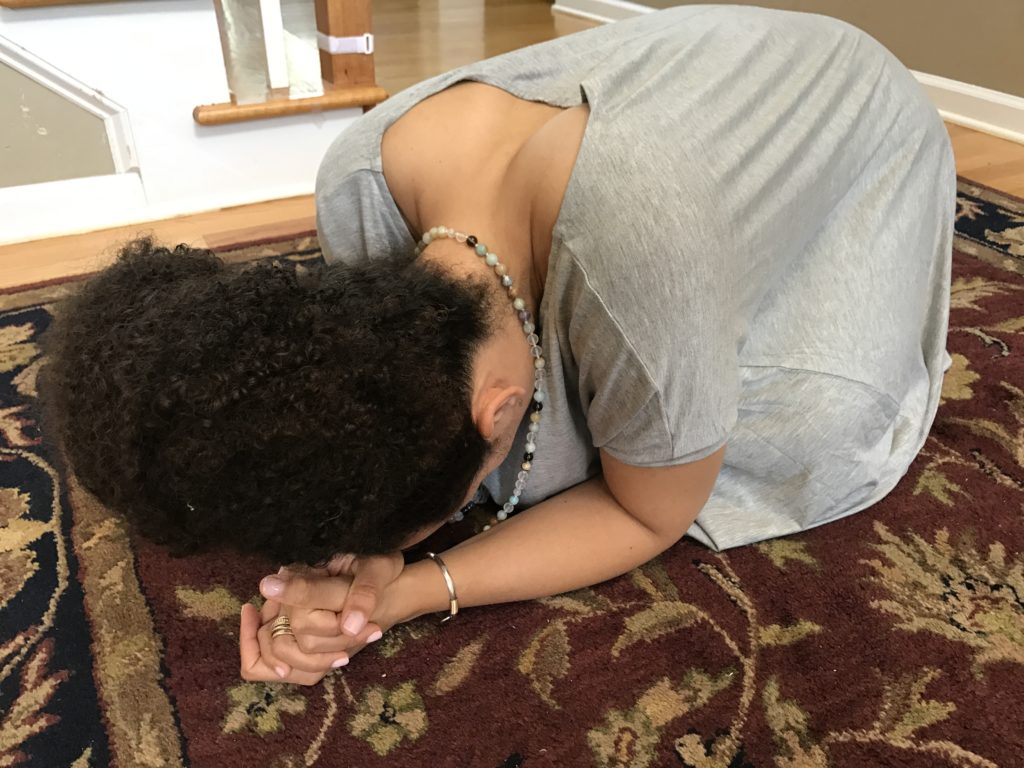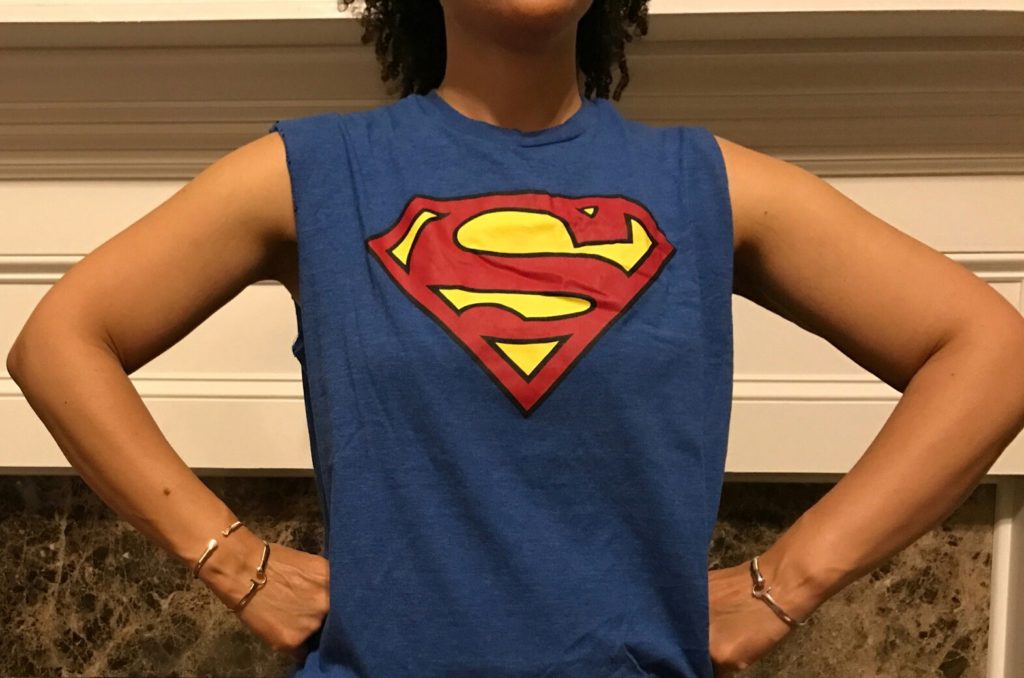In the midst of this coronavirus pandemic, it can be easy to get swept up in all the emotion and chaos. Being in healthcare, I thought I was immune to all that. I haven’t cleared out the stores for bleach and toilet paper, and I haven’t been hoarding face masks from work, but I started feeling a little worried this week. And I know exactly what triggered it…

Of course, like most physicians, I’ve been following the evolution of the COVID-19 outbreak closely. Not only do I want to do what I can to keep myself and my family safe, but I also have to know what to do if one of my patients thinks that they’ve been exposed. The hospitals and company I work for are sending regular reminds and updates, and I’m reading the CDC guidelines as they evolve. No problem. But two weeks ago I got a group text from a friend recommending that we all buy particulate respirators from a hardware store. Then I saw a video on Facebook that showed a guy saying the news media was lying to the public when they said that we didn’t know about coronavirus, when clearly it’s well known because it’s listed on the back of the lysol sanitizer wipes container!
Then I was asked for my recommendations on how to help keep our congregation at church safe.

Midweek service COVID-19 update…
So I offered to give a quick overview of the COVID-19 outbreak at church and I answered questions about it. And as I gave the most updated information, I knew (and said) that not only was the situation evolving very quickly, but also the numbers of cases were going to rise substantially because testing was becoming more widely available. So I knew that things were about to ramp up. Did that keep me totally calm?

Um, no. This whole thing kind of reminds me of being in medical school and taking microbiology. When we learned about all the bacteria and viruses and illnesses that come from becoming infected with them, most of us became expert hand washers and obsessive about cleanliness and avoiding other people’s germs. But after awhile, all that got to be exhausting, so most of us gave up that level of vigilance. Don’t get me wrong – we still all know that the danger is there and we are alert and careful for our patient’s sake. But many of us (me included!) act like we can’t catch anything. We get the flu shot because we’re required to have it at work, but we doubt that we’d get the flu anyway. It’s the pendulum swing back in the opposite direction.
So when I realized that our house probably did need to stock up on a few things like toilet paper and antibacterial wipes, folks had already cleared out the stores. And I wanted to reassure myself that I wasn’t too far behind in preparedness and that I hadn’t put my family in danger. So in addition to hearing the news reports on NPR in the car, I started looking into links on Facebook and reading posts from ER and infectious disease docs in my doctor Facebook groups. You’d think that would be okay. I mean, it’s good info from other physicians, many who are on the front line of treating the outbreak, so I’d be better equipped to deal with the situation, right? Well, that’s not what happened. I learned some things, and most of the info was very similar to what is being presented to the public minus some medical jargon. But the immersion into all this information and raising my vigilance also raised my anxiety. A lot.

For most people, fear of the unknown causes lots of anxiety. Our minds are wired to look for danger and threat, so when we don’t know what might happen, we fill in the gaps with our imagined worse case. For this sort of medical situation, doctors have a similar response, but for a different reason. We know the possible worse case scenario. We spent years in school studying all the ways a splinter or cut from shaving could kill you (exaggerated yes, but not much). That’s how we’re trained to think: What are all the possible outcomes from this thing, and how do we address it as quickly as possible to provide successful therapy? This is why immersion in this information about COVID-19 took me to a scary place in my mind – my brain is trained to do exactly that!
So when I was rolling around in my bed at 2 AM thinking of how to get the kids to use the sanitizer that I already have, meal planning to help boost our immunity, and wondering if that mild headache I probably had from tension was really the flu (or worse!), I knew that I’d gone too far. Yes, COVID-19 is a real thing, it’s more deadly than the flu, and it’s here in Georgia and probably everywhere in the US at this point. But being anxious wasn’t going to help. First, anxiety and worry is very likely to decrease my immunity, it was interfering with my sleep, and it feels really bad. I’d be willing to bet that you’ve felt some anxiety over this outbreak too. So how do we keep it all in perspective and avoid the panic? Here are a few thoughts and practices that helped me step back from the edge of the cliff…
Don’t keep minute to minute tabs on the outbreak.
The more time I spent in keeping up with every news report and article and announcement of the outbreak, the more anxious I felt. And really, the updates didn’t guide me to do anything differently. It’s not as though some new medication or vaccine was suddenly available and I could get it for my family. Once I had some supplies and a short talk with the kids about handwashing, eating well, and avoiding sick people, there wasn’t much else I could do. I’m not saying to ignore that this is happening, because you do want to know if there are new recommendations to follow, but once a day or so is probably enough to keep you informed and aware of any updates.
Remember the facts
This is a serious situation and we need to behave like it is. However, also remember that the flu has killed more people this flu season than COVID-19. Most people who catch COVID-19 don’t die, even though it’s more deadly than the flu. Children seem to be more mildly affected, so that helps me feel more reassured about my kids. Other epidemics like MERS and SARS have come and gone, and we have weathered those too. Just because a virus is around does not mean that you will catch it. Some with excellent immunity won’t contract the virus at all. I can do my part to get enough sleep, eat well, and manage my anxiety so that my immunity stays strong. I can do my part to help my family and myself stay safe by remaining at home to limit the spread of the outbreak.

Being anxious is just a feeling
I’m not suggesting that you allow your anxiety to build and ruin your sleep and your health. But resisting your anxiety is actually counterproductive. You have emotions because of your thoughts, and you can amplify your emotions by what you choose to think about. Your mind is trained to look for danger and point it out to you, so seeing something threatening is a protective mechanism that you have practiced for years. Focusing on the many possible outcomes can increase your fear and worry. If you’ve done what you can to prepare as best you can, then continuing to focus on scary outcomes just amplifies the fear.
I’m not saying to ignore the fear, because that actually makes it stronger. Your brain is still thinking the same thoughts, and it will speak louder to get your attention. In this situation, if you are thinking about the possibility of dying because of the COVID-19 infection, you may feel fear and anxiety. But recognize that for this moment now, you are not infected and what is making you suffer is the way you are thinking, The anxiety or fear you feel is just an emotion, a vibration in the body. The vibration can’t hurt you, even though you think that if you allow it that it will take you over and destroy you. But it won’t. That’s just your primitive brain trying to keep you safe. You can allow the feeling to be there. Sit with it for a few moments and notice it: Where is it in your body? Is it hot or cold? Do you feel tightness or is there a color to the feeling? When you give the emotion a moment to be watched and acknowledged, it will fade. It may return, but you’ve felt it and don’t have to be afraid of it, because it will fade again.
Life is meant to be lived.
You know, it’s possible that I could get in an accident on the highway and die on my way to work. I could develop a deadly infection from a needle stick injury during surgery. I could fall down the stairs while putting away the groceries, hit my head, bleed into my brain and die. But the fact that those things could happen do not prevent me from going to work, taking care of people, or leaving my house to run errands. Now, of course I want to be wise. I’m not going to travel to Italy or China right now. But am I going to cancel my vacation? Not unless something changes drastically before we go. I’m still buying groceries at the store. My son and I will still go to our mother-son retreat. These days are my life. I don’t want to die from a deadly infection – I’ve got a lot to do with this life while I’m here! But I’m as prepared as I can be to die when it’s time, so while I’m here I’m going to live and enjoy these days! Focusing on the good moments and the daily gifts, praying for protection and peace, and cultivating my gratitude, these are things that help me stay peaceful and calm. Then I’m able to enjoy this day!

Have you been really worried in the midst of the COVID-19 outbreak? How do you keep yourself from panic? What practices do you observe that help you to be peaceful? Please share in the comments below!

Comments1
With having an immunocompromised child AND working in primary care, I am thinking about it. We’re also not hoarding toilet paper and hand sanitizer, but I do have them. We are due for more, so if I find a set I’ll get them-just not in mass quantity. Gavin has plenty of medications, and I always keep fever reducers on hand, anyway. Food prep is something I do regularly, but I am looking for more frozen options just in case we shouldn’t go out to stores. It’s doubtful our area will be as affected as larger cities, but it doesn’t hurt to be aware. Our health department is very good about keeping us updated, and I know our medical director, personally (because we’re of course a small community), so if I can’t find an answer on the FAQs I can speak to her pretty readily. Just being wise but living life!